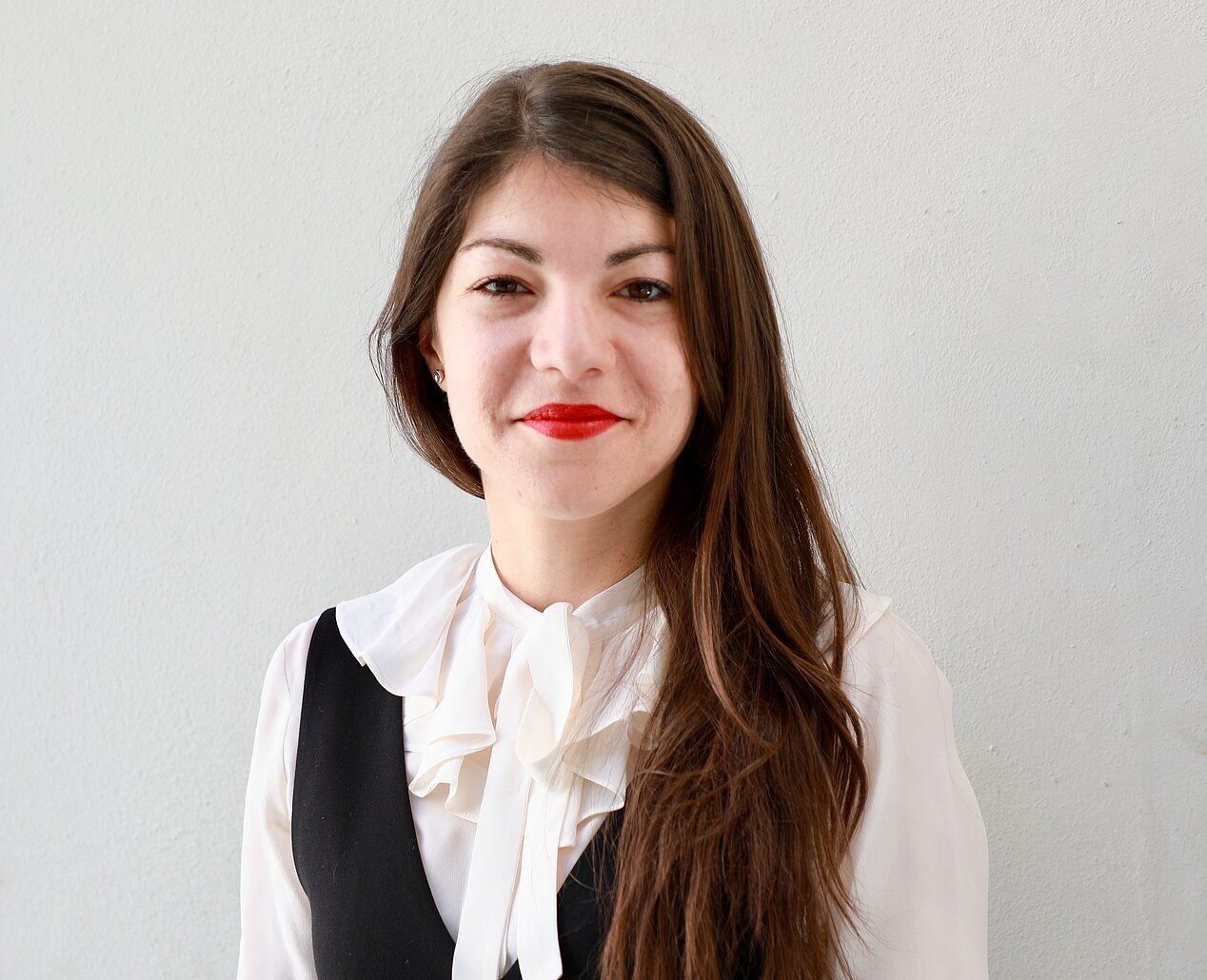Early on in her career, Pamela Capizzi was determined to work in the Middle East and she decided to learn Arabic. Then came an internship with TRIAL International. She stayed on to coordinate the non-profit’s activities in Burundi and was harrowed by the reports of human rights abuses in the country. With financial support from the zivik Funding Programme, Trail International has been able to help lawyers prepare for trails and provide them with mentoring, enabling them to represent their clients more effectively.
Yet Trial International remains unwaveringly committed to its mission, successfully fighting for its clients.
In December 2020, a court in the former capital of Bujumbura sentenced a man to life imprisonment for raping an underage girl, who received the equivalent of roughly €500 in compensation. Usually, cases like this are never taken to court. But the victim’s lawyer had received training from Trial International in 2016 and 2017.
With a team of 35 employees, Trial has represented more than 3,100 survivors and trained over 1,500 lawyers across the world. In Burundi, the NGO has developed a three-pillar approach to help rebuild the country’s judicial system. Firstly, it supports the investigation opened by the International Criminal Court (ICC) in 2017. Secondly, it represents victims in lawsuits and aims to create legal precedents that will benefit as many victims as possible. Thirdly, they offer training to human rights lawyers in their respective countries.
A few years back, Pamela Capizzi used to travel to Burundi herself, usually staying a fortnight to offer training. “What shocked me the most was the divide between excessive wealth and abject poverty,” says the lawyer. Much of the training she has completed herself has focused on preventing and avoiding crises. That doesn’t entail action-style weapons training, though. Working in crisis regions such as Burundi is all about de-escalation, conforming with official orders and, ideally, steering clear of dangerous situations. Cybersecurity and encryption, too, have become crucial issues for legal experts like Capizzi.
Burundi’s judicial system also lacks sufficient funding. Sometimes, there isn’t even enough petrol available for judges to visit a far-away prison. At other times, people in custody are simply forgotten: Pamela Capizzi describes the case of a defendant who has been waiting for a fair trial since January 2016 – the documents relating to his case are incomplete, say the authorities.
Still, Capizzi remains adamant. She started speaking up for the most vulnerable early. As a law student in Milan and Geneva, she worked for the International Red Cross and the United Nations Human Rights Office in Geneva.
About the author
Nathanael Häfner is a financial editor at Zeit Online. He studied social sciences at the Cologne School of Journalism and has worked as a freelance journalist for Süddeutsche Zeitung, taz and Spiegel Online.
More about TRIAL International
About the zivik Funding Programme
The zivik Funding Programme supports civil society actors worldwide in preventing crises, transforming conflicts, and creating as well as stabilising peaceful social and political systems. With their commitment, non-governmental organisations (NGOs) complement state actors by providing significant perspectives and activities. The zivik Funding Programme is providing funding for international, national or local NGO projects, which are dealing with civil conflict resolution and peacebuilding efforts.
Find out more




